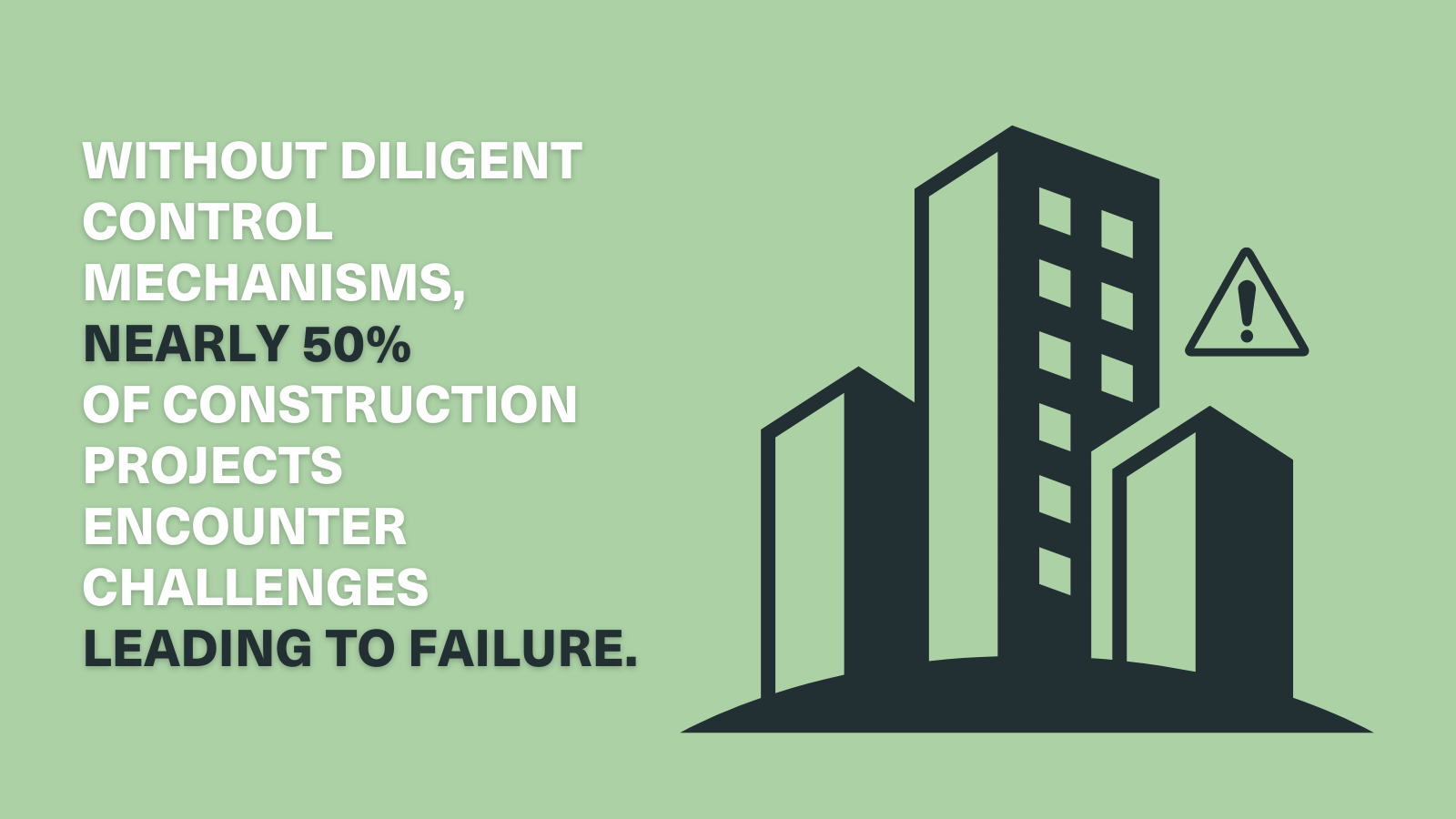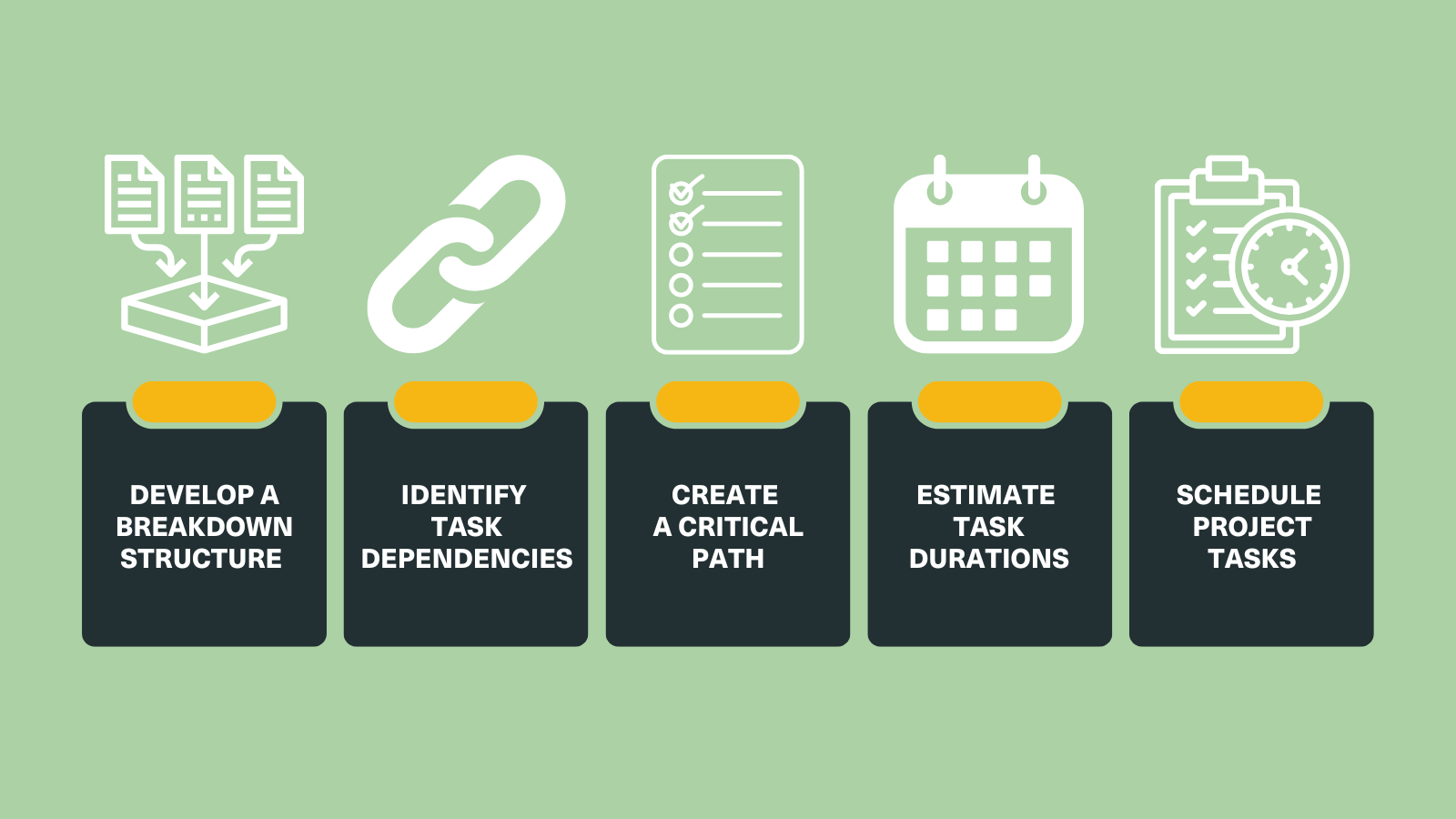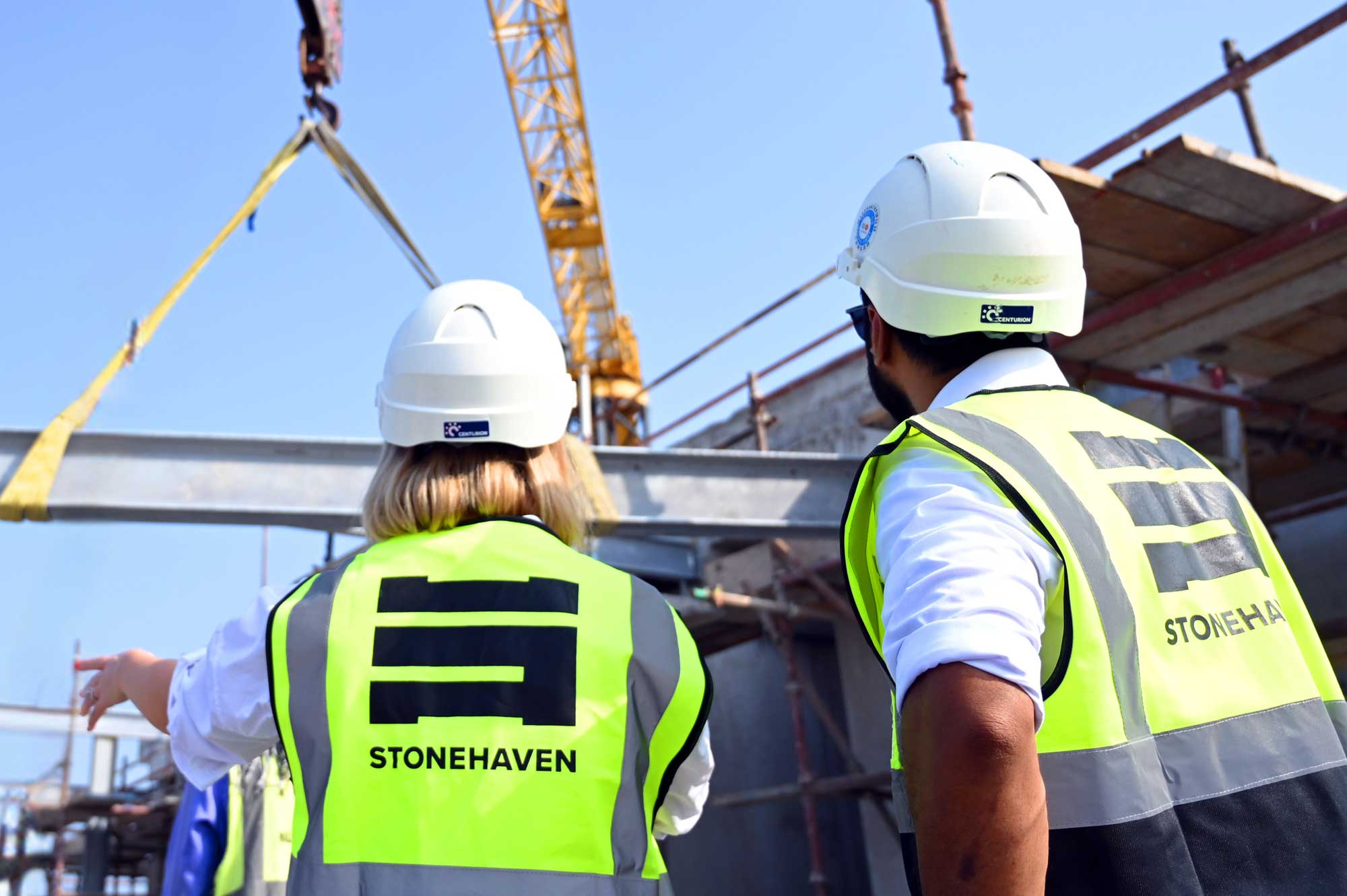A well-crafted construction schedule is the cornerstone of project success because it provides a structured roadmap for everyone involved. It acts as a unifying tool that aligns the efforts of contractors, subcontractors, suppliers, and other parties, ensuring everyone is working towards common goals and objectives.
In this blog we discuss the common questions and answers to ensure a seamless construction schedule in effective project planning and management.
Why is Detailed Planning Essential?
A robust schedule begins with comprehensive planning. This requires delineating all project tasks, dependencies, and realistic timelines. Breaking down complex tasks into smaller, manageable steps enhances clarity and prevents delays caused by underestimating time requirements.
How Can Open Communication Improve Schedule Adherence?
Effective and transparent communication is paramount. Scheduled meetings with stakeholders—contractors, subcontractors, and suppliers—facilitate early identification of potential issues. Proactive communication enables prompt adjustments, preventing minor setbacks from escalating into significant delays.
A report from PMI stated that among organisations considered highly effective communicators, 80% of projects meet their original goals. In contrast, only 52% of projects achieve their goals in minimally effective communication environments.

What Role Does Construction Management Software Play?
Utilising construction management software revolutionises scheduling efficiency. These platforms provide task management functionalities, resource allocation tools, and real-time progress tracking capabilities. By streamlining communication and identifying bottlenecks, software optimises workflows, enhancing schedule predictability.
How Should Risks be Identified and Mitigated?
Proactive risk management is essential in the unpredictable construction landscape. Identifying potential risks during the planning phase and developing contingency plans pre-emptively minimises disruptions. Anticipating challenges and maintaining contingency reserves ensures resilience against unforeseen events, safeguarding project timelines. Engaging stakeholders in risk identification enhances project resilience.
Additionally, supportive sponsors play a critical role in risk management and project success. Remember that anticipating challenges and maintaining contingency reserves ensures project timelines are safeguarded. Construction project failure statistics show that over 50% of construction project owners worldwide have seen their projects failing despite the confidence in project planning and controls.

Why is Schedule Flexibility Important?
While adherence to a detailed plan is crucial, incorporating flexibility is equally vital. Unforeseen delays—such as adverse weather or material shortages—can impact schedules. Incorporating buffer time within the timeline allows for adjustments without compromising overall project deadlines.
How Can Regular Monitoring and Adjustments Improve Schedule Management?
Dynamic schedules necessitate continual monitoring and adjustment. Regular progress assessments pinpoint deviations and inform necessary revisions. Construction management software aids in tracking progress, highlighting areas requiring schedule refinement.
What Incentives Promote On-Time Completion?
Encouraging timely task completion incentivises productivity. Offering bonuses or recognition for meeting milestones inspires a culture of accountability among workers and subcontractors. This proactive approach promotes schedule adherence and reinforces project commitment.
Implementing these strategies tailored to specific project requirements cultivates a resilient construction schedule. Remember, an effective schedule is a dynamic framework necessitating continuous monitoring, adaptation, and collaborative communication among all project stakeholders.
How Do You Create a Construction Schedule?
A well-crafted construction schedule is a vital tool for any project manager. It serves as a roadmap for the project, outlining the tasks that need to be completed, the order in which they should be done, and the timeframe for each task.

To create a construction schedule, you can follow these suggested steps:
1. Develop a Work Breakdown Structure (WBS)
The first step is to break down the project into smaller, more manageable tasks. This can be done using a WBS, which is a hierarchical outline that decomposes the project deliverables into progressively smaller and more detailed work packages.
2. Identify task dependencies
Once you have identified the tasks involved in the project, you need to determine the dependencies between them. Some tasks cannot start until others are completed. For example, you cannot start framing a house until the foundation has been poured. Identifying these dependencies is essential for creating a realistic schedule.
3. Create a critical path
The critical path is the longest sequence of tasks that must be completed on time for the project to finish on schedule. Any delays on tasks along the critical path will delay the entire construction project. You can use scheduling software or a manual method to identify the critical path.
4. Estimate task durations
Once you have identified the tasks and their dependencies, you need to estimate how long each task will take to complete. These estimates should be based on historical data, industry best practices, and the expertise of the project team.
5. Schedule the tasks
Now that you have all the information you need, you can start scheduling the tasks in your project schedule. You can use a Gantt chart or another scheduling tool to visually represent the schedule or host daily to weekly progress meetings with your team, either online or offline, to ensure everyone has started their scheduled tasks and operations run smoothly.
Conclusion
Effective construction project management hinges on proper planning, proactive communication, and adaptable strategies. By addressing the key components of construction schedules—from detailed planning and open communication to risk management and schedule flexibility—project managers can develop streamlined operations and ensure timely project completion.
Embracing construction management software and incentivising on-time performance further enhances schedule adherence and project efficiency. Implementing these strategies tailored to specific project requirements cultivates a resilient construction schedule that withstands challenges and delivers superior results for your projects.
About us
At Stonehaven, we are experts in construction consultancy services, with a deep understanding of the complexities involved in construction project management, we navigate budgets, timelines, and evolving project dynamics with precision. Our comprehensive range of services includes project management, cost control, and design support, tailored to meet your specific needs and ensure project success.
Ready to embark on your next construction project? Contact us today and discover how our expertise can transform your ideas into realities.








